The Cost of Illegal Immigration
National Affairs
Summer, 2024
The chaos at the border in recent years, along with even Democrat-run cities complaining about its impact, have cast into stark relief one of the central issues surrounding illegal immigration: its fiscal costs. Unfortunately, most discussions on the subject tend to be filled with misconceptions, half-truths, and at times even outright falsehoods. A fair read of the evidence indicates that illegal immigrants are almost certainly a net fiscal drain, but not because they are illegal per se. Nor is it because they are freeloaders or welfare cheats, or because they don’t pay any taxes.
The reason is that a very large share of illegal immigrants have modest levels of education, which results in modest incomes and tax payments, even when they are paid on the books. Their generally low incomes also allow many of them to qualify for means-tested welfare programs, which they often receive on behalf of native-born children. In other words, illegal immigrants are a net fiscal drain on public budgets for the same reasons that legal immigrants and native-born Americans with low levels of education are: They receive more in benefits from the system than they pay into it.
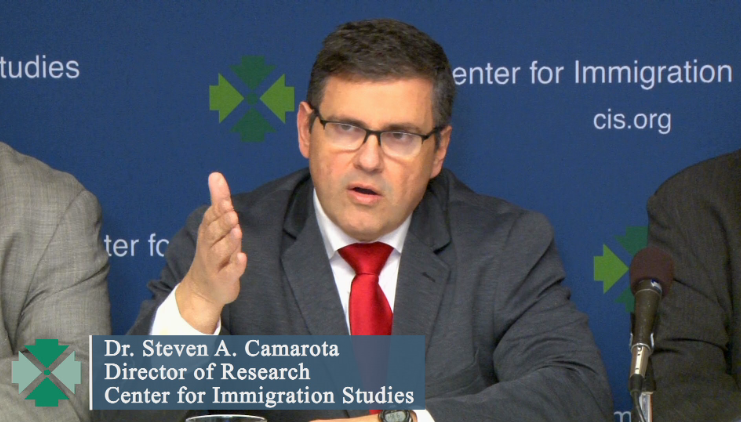
These realities do not neatly satisfy either side of the contemporary immigration divide, so they are routinely ignored or even denied. Any serious and informed immigration-policy debate will have to confront them.
THE ILLEGAL-IMMIGRANT POPULATION
Whatever the fiscal impact of the average illegal immigrant, it would not matter much if there were relatively few in the country. But the illegal-immigrant population has been large for decades. We can arrive at reasonable estimates of that population primarily because, contrary to what is sometimes asserted, illegal immigrants do not live in the shadows.
It’s not just that illegal immigrants have appeared at press conferences with sympathetic politicians or prominent activists: The Census Bureau makes it clear that illegal immigrants respond to the decennial census and its various surveys. The Bureau of Labor Statistics, which uses census surveys, is also clear on this point. Numerous researchers over the last four decades have used data from these two agencies to study illegal immigrants living in the United States.
Much of the pioneering work in this area was performed by Robert Warren — formerly at the Immigration and Naturalization Service and now at the Center for Migration Studies — and Jeffrey Passel at the Pew Research Center. In the 1980s, both Warren and Passel realized that they could estimate the number of illegal immigrants residing in the country through census data. Since researchers can discern the characteristics of immigrants in the country legally based on administrative data, by comparing their survey profile to the characteristics of the entire foreign-born population, they can figure out who the likely illegal immigrants are. This basic insight allows us to study illegal immigrants in a systematic way.
Prior to the border-crossing surge during the Biden administration, analysis of Census Bureau data showed roughly 10 or 11 million illegal immigrants in the United States. When adjusted for undercount, it produced estimates of 10 to 12 million. This does not include the roughly 5 million native-born minor children of illegal immigrants who were all awarded American citizenship at birth.
Many Americans doubt the number was this “low,” or that it remained relatively constant before the Covid-19 pandemic. It’s certainly true that hundreds of thousands of new illegal immigrants crossed the border surreptitiously or overstayed a temporary visa every year before the pandemic, even during the Trump administration. But their numbers were offset by all those who left on their own, were deported, died, or gained legal status (e.g., by being granted asylum or marrying an American citizen) every year. Warren estimates that between 2010 and 2019, 5.9 million illegal immigrants left the illegal population in various ways.
Another likely reason that Americans believe the illegal-immigrant population is larger than those estimates suggest is that they underestimate the number of legal immigrants allowed into the country. Despite out-migration and natural mortality, the legal-immigrant population has roughly tripled in size since 1980. To the extent that the media report on legal immigration, they often leave the public with the impression that it is highly restrictive. This leads many Americans to assume that the huge increase in the foreign-born population they see around them must be due to illegal immigration.
While we can be reasonably certain that the pre-pandemic estimates of illegal immigration were accurate, there is not an absolute consensus. In 2018, several researchers at Yale University published an article purporting to show that the illegal-immigrant population was closer to… HERE






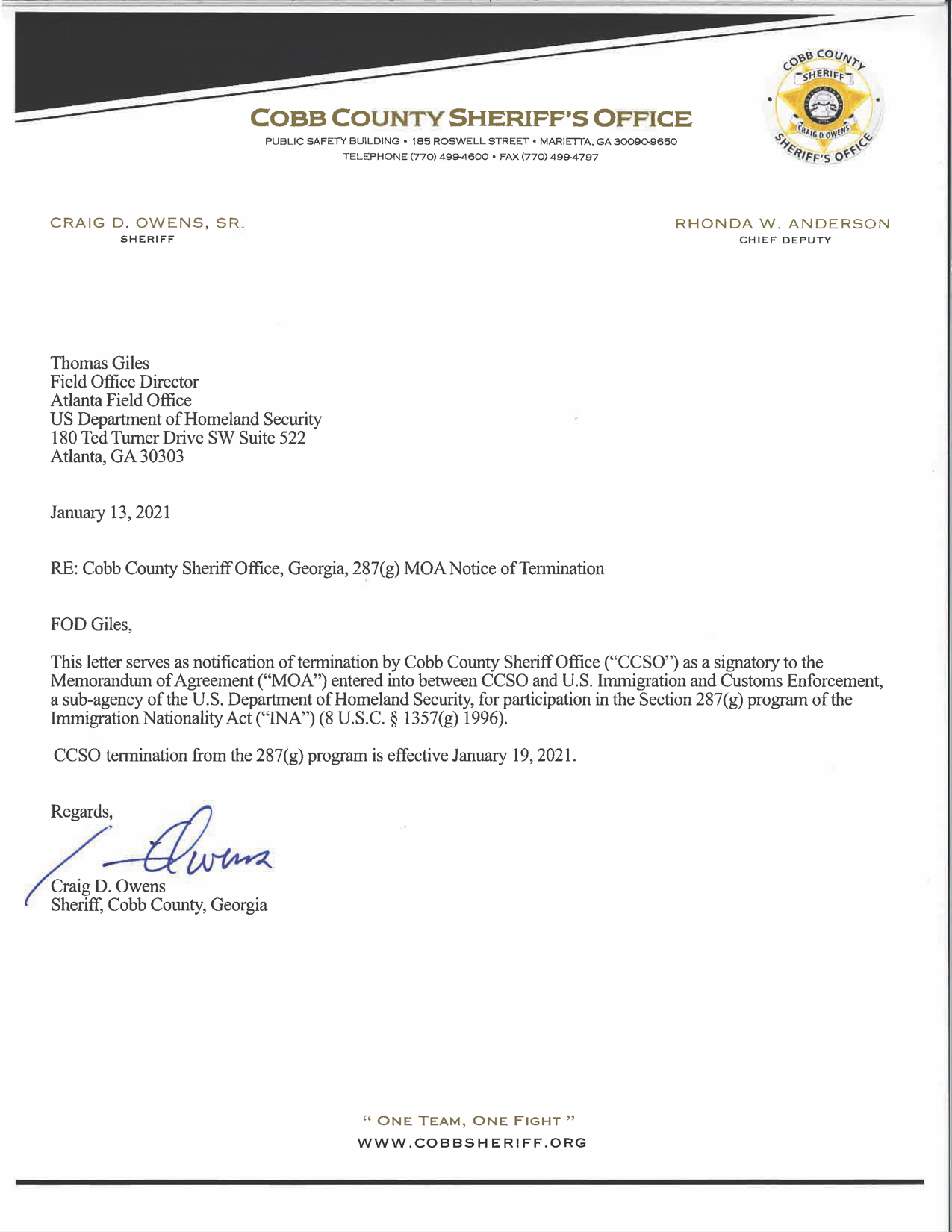






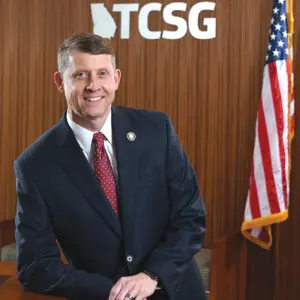

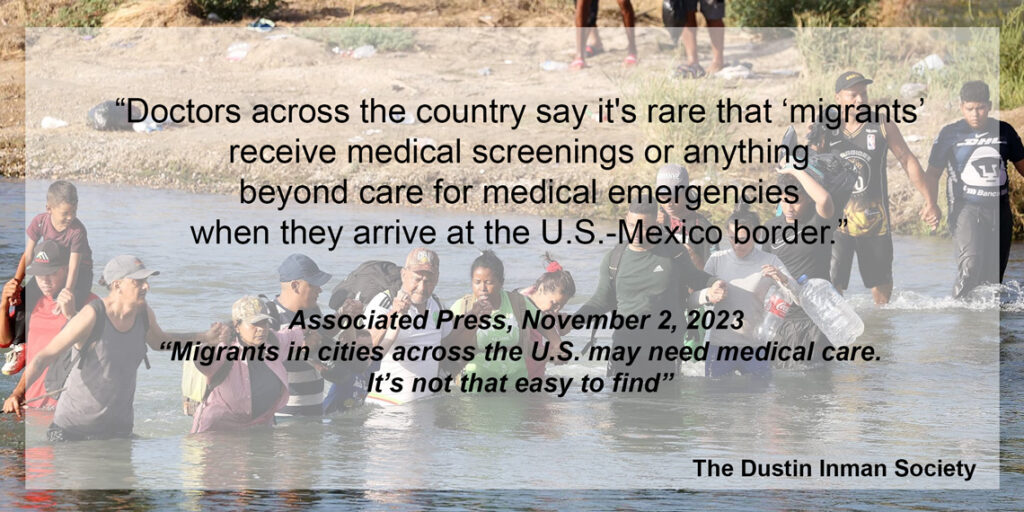

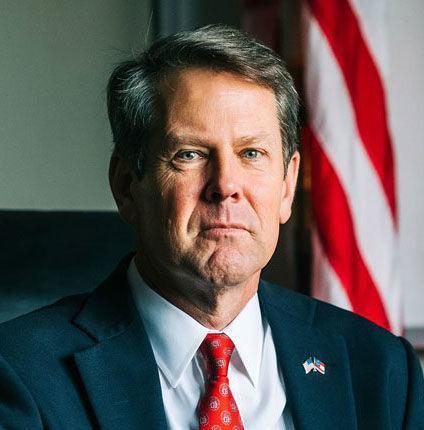


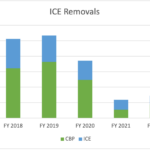












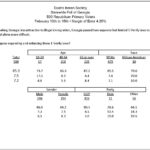





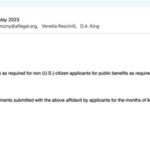
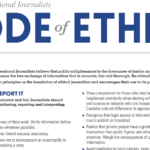





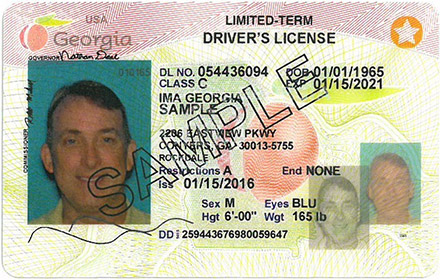




You must be logged in to post a comment.